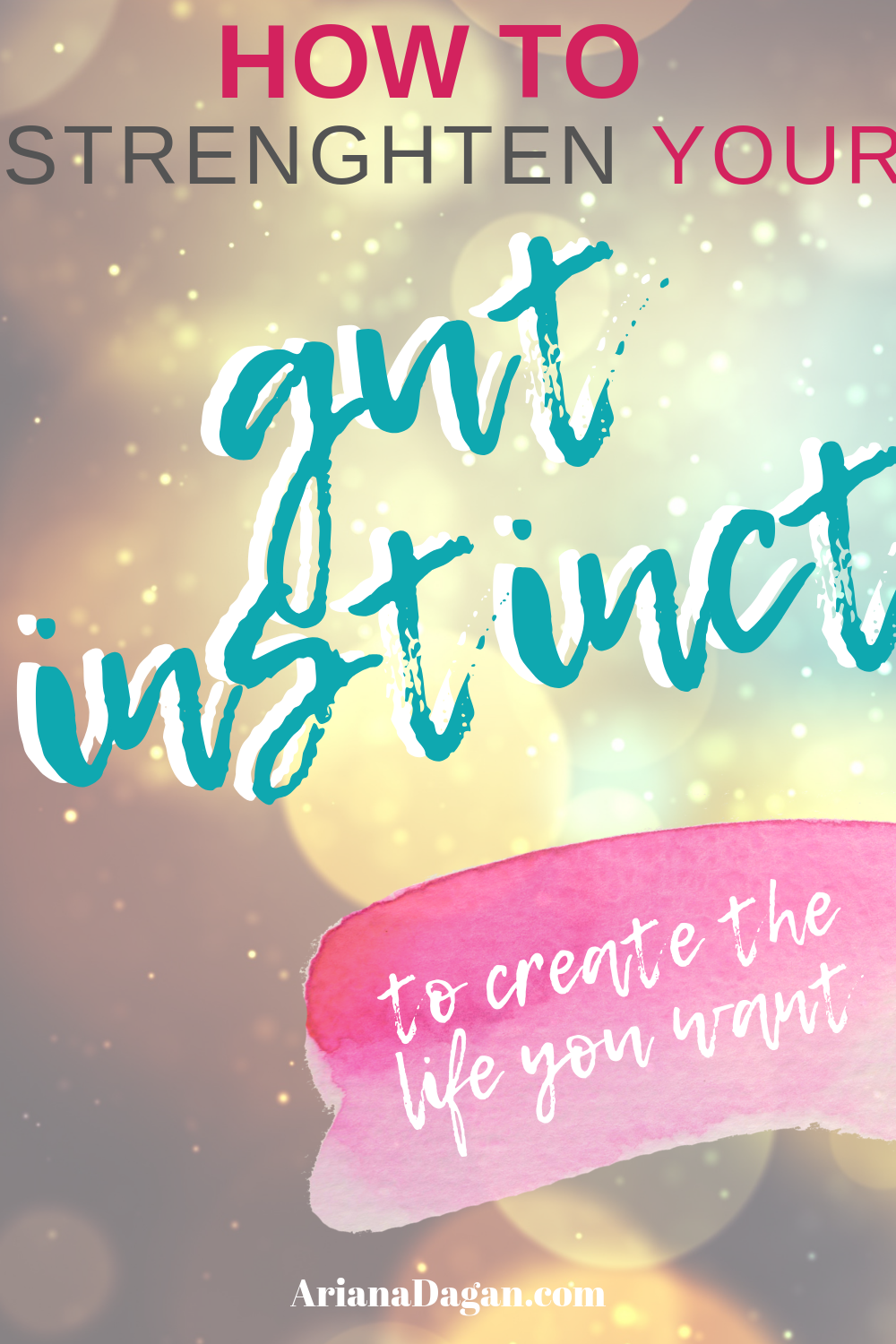How To Listen To Your Gut Instinct

In a world driven by data and analysis, the subtle yet powerful signal of gut instinct often gets overshadowed. However, experts across various fields are increasingly recognizing the value of tuning into this innate sense, not as a replacement for logical reasoning, but as a complementary tool for decision-making.
This article explores how individuals can cultivate and effectively listen to their gut instinct, also known as intuition, to navigate complex situations in both personal and professional realms. It delves into the science behind intuition, practical techniques for strengthening this connection, and the potential benefits of integrating gut feelings into decision-making processes. Understanding your gut can be beneficial to making better decisions.
Understanding the Science of Intuition
While often perceived as mystical, intuition has roots in neurobiology and psychology. According to research in areas like cognitive science, intuition is the brain's ability to quickly process information and recognize patterns below the level of conscious awareness.
This rapid processing relies heavily on past experiences and accumulated knowledge, allowing individuals to arrive at conclusions without explicitly analyzing all the available data. Dr. Brenda Miller, a cognitive psychologist at the University of California, Berkeley, explains, "Intuition is essentially your brain connecting the dots subconsciously, based on a vast database of prior experiences."
Practical Techniques for Cultivating Intuition
Fortunately, intuition isn't a fixed trait; it can be strengthened through conscious effort. One key technique involves practicing mindfulness and cultivating present-moment awareness.
By focusing on your physical sensations, emotions, and thoughts without judgment, you can become more attuned to the subtle signals your body is sending. Another effective strategy is to actively seek out new experiences and challenges. This can increase your brain's ability to recognize patterns and make intuitive leaps.
Journaling can also be useful. Record your thoughts, feelings, and observations related to a situation you want to better understand. This activity can help you identify recurring themes and patterns, revealing insights that might not have been apparent otherwise.
Distinguishing Gut Instinct from Impulsivity
It's crucial to differentiate genuine gut instinct from impulsive reactions driven by fear, anxiety, or other strong emotions. A true intuitive feeling is often accompanied by a sense of calm certainty, even in the face of uncertainty.
Impulsivity, on the other hand, tends to be associated with a feeling of urgency and a lack of thoughtful consideration. To make this distinction, it can be helpful to take a step back from the situation and allow yourself time to process your emotions before making a decision. Ask yourself: "Does this feeling come from a place of knowing or a place of fear?".
"Intuition is not a replacement for critical thinking, but a valuable complement to it. Use your gut as a starting point, then validate your feelings with evidence and analysis." - Dr. David Klein, Business Consultant.
Integrating Intuition into Decision-Making
Learning to trust your gut instinct doesn't mean abandoning logical reasoning altogether. Instead, it involves integrating intuition as one piece of the puzzle.
Start by noticing your initial reaction to a situation or decision. What is your gut telling you? Then, gather information and analyze the facts.
Compare your intuitive feeling with the data you've collected. If your gut feeling aligns with the data, it strengthens your confidence in the decision. If there's a conflict, investigate further to understand the reasons behind the discrepancy.
Potential Impact and Benefits
Honing your intuitive abilities can lead to numerous benefits, both personally and professionally. Improved decision-making is, of course, a primary advantage.
Intuition can help you identify opportunities and potential risks that might be missed through purely analytical approaches. Furthermore, listening to your gut can enhance your creativity and problem-solving skills.
By tapping into the subconscious, you can unlock new insights and perspectives that lead to innovative solutions. Ultimately, developing your intuition can lead to a more fulfilling and authentic life, guided by a deeper connection to your inner wisdom.


















